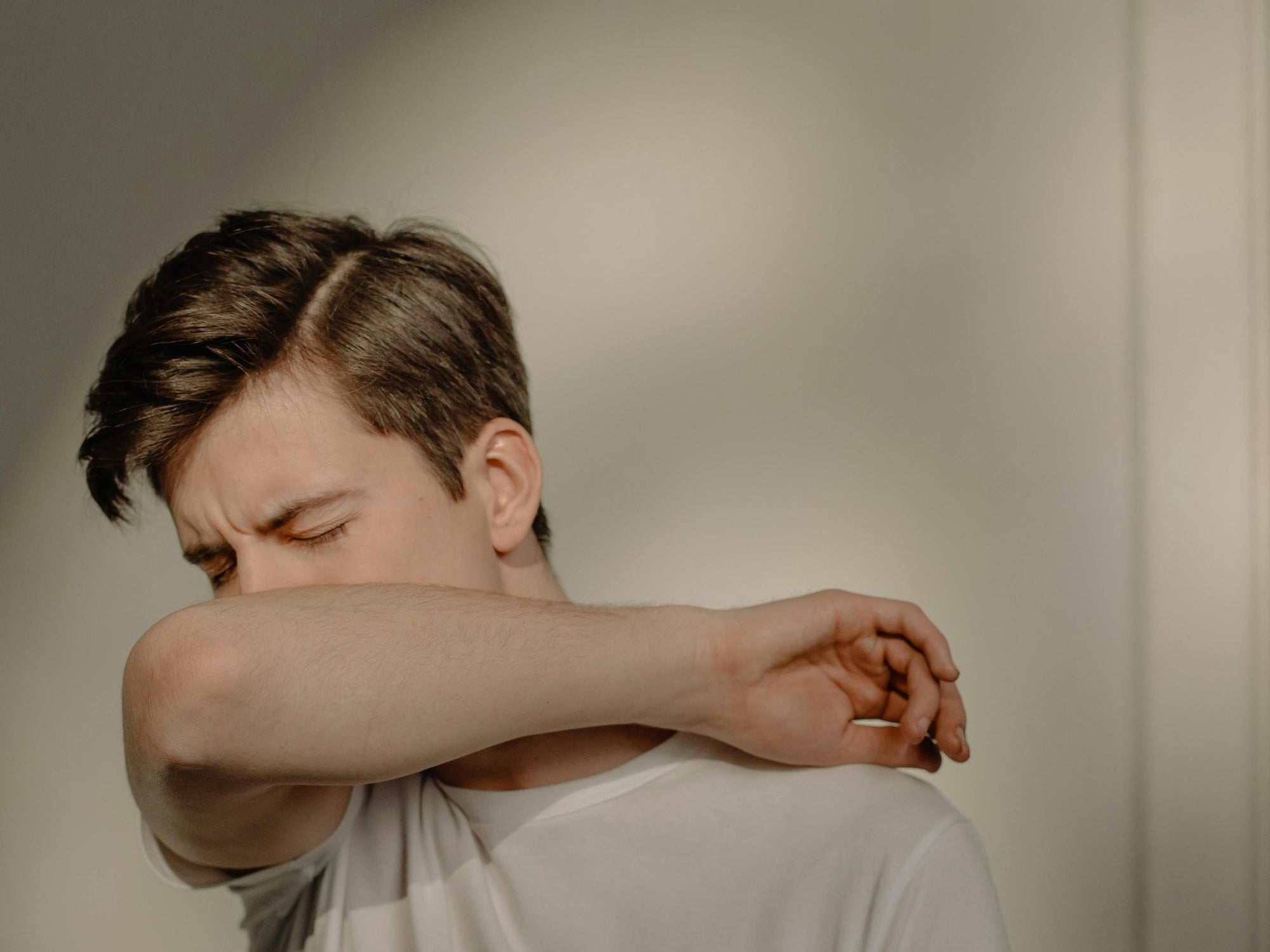Sunglasses are often seen as an essential during the summer months, they look good, they’re protective and even necessary at times. But when it comes to health, biology and your body’s relationship with the sun, science tells a different story.
As someone with more sensitive eyes, I would wear my sunglasses often. From bright winter mornings, to barely taking them off during a holiday to Spain. I’d even put them on in more windy weather. But this year has been different and I haven’t worn sunglasses at all, and it’s not because I’m trying to be contrarian - it’s because I’ve looked deeper into what really happens when you block sunlight from your eyes. And it’s fascinating.
Let’s look into the reasons you might also want to leave your shades at home.
1. Sunglasses and Vitamin D
We all know that sunlight on the skin helps the body produce vitamin D, which is of course crucial for bone health, immunity, mood and hormone regulation. But the eyes also play a role, albeit an indirect one. Light detected by the retina signals the brain, which influences everything from your circadian rhythm to endocrine function.
When you block sunlight from entering your eyes, you’re also interrupting part of the body’s communication network that helps regulate hormones like melatonin and serotonin, both of which are closely tied to how well your body processes and utilises vitamin D. There’s some evidence that early morning light through the eyes helps prime the skin for vitamin D synthesis later in the day.
No sunglasses = better signalling = more synchronised sun/hormone metabolism.
2. Melanin Production
One of the body’s best natural defences against sun damage is melanin, the pigment your skin and eyes produce in response to UV exposure. When you block light from your eyes with sunglasses, particularly during the spring and early summer months, you may actually impair your body’s ability to build up a protective melanin buffer gradually.

You wouldn’t cover your entire body for months and then spend 5 hours in the midday sun, expecting to be fine. But that’s essentially what people do with their eyes.
The eyes, like the skin, benefit from gradual adaptation. Controlled exposure helps train your body to handle stronger sunlight and melanin is your built-in sunscreen. If your eyes never get to adjust because they’re always shaded, you’re more likely to suffer glare sensitivity, sun headaches and even burns.
3. Circadian Rhythm and Mental Health
Natural light, especially blue light in the morning, is essential for setting your internal clock. This affects everything from sleep quality to cortisol levels. When your eyes are shaded by sunglasses, particularly during those first vital hours of the day, your brain doesn’t get the full light intensity it needs to calibrate your rhythm.
Dull signalling = disrupted circadian rhythm = poorer sleep, lower energy, mood swings.
Studies have shown that morning light exposure helps with serotonin production and reduces depression risk. So if you’re reaching for sunglasses first thing, you may be dampening your body's natural mood-lifting cues too.
4. Pupil Dilation and UV Exposure
This is where it gets interesting. Most people wear sunglasses to protect their eyes from UV rays. But here’s something you may not be considering:

When you wear dark lenses, your pupils dilate to compensate for the lower visible light. If the sunglasses don’t offer proper UV filtering (and many cheap or fashion pairs don’t), this dilation lets in more UV than if you weren’t wearing them at all. You’re tricking your eyes into thinking it’s darker, and they let their guard down.
So ironically, wearing poor-quality sunglasses can do more damage than no sunglasses at all.
When Sunglasses Do Make Sense
Now, I’m not saying sunglasses are always evil. If you’re skiing on a glacier, driving on a particularly sunny day or recovering from eye surgery (and of course, some eye conditions require extra protection) they’re an essential tool.
But for the average healthy person walking around outdoors? Wearing sunglasses all the time is like wearing sunscreen at midnight. Unnecessary and potentially counterproductive.
What I Recommend Instead:
- Let your eyes gradually adjust to light in spring and early summer - it’s the natural way to build up melanin protection and desensitise your eyes.
- Get 10–30 minutes of early morning sun exposure without sunglasses to help set your circadian rhythm and support hormone balance.
- If it’s exceptionally bright or you’re in extreme conditions, use sunglasses with proper UV protection - but only when needed.
- Support your eyes nutritionally with Vitamin A (retinol), antioxidants like astaxanthin, lutein and zeaxanthin to help protect from excess light damage internally.
- Wear a rimmed hat or cap, which will offer enough shade above the eyes when needed.
In the end, our relationship with sunlight has become far too fearful, and sunglasses are a small but telling sign of that. The sun isn’t the enemy. Like most things in nature, it’s about balance, timing and adaptation.




